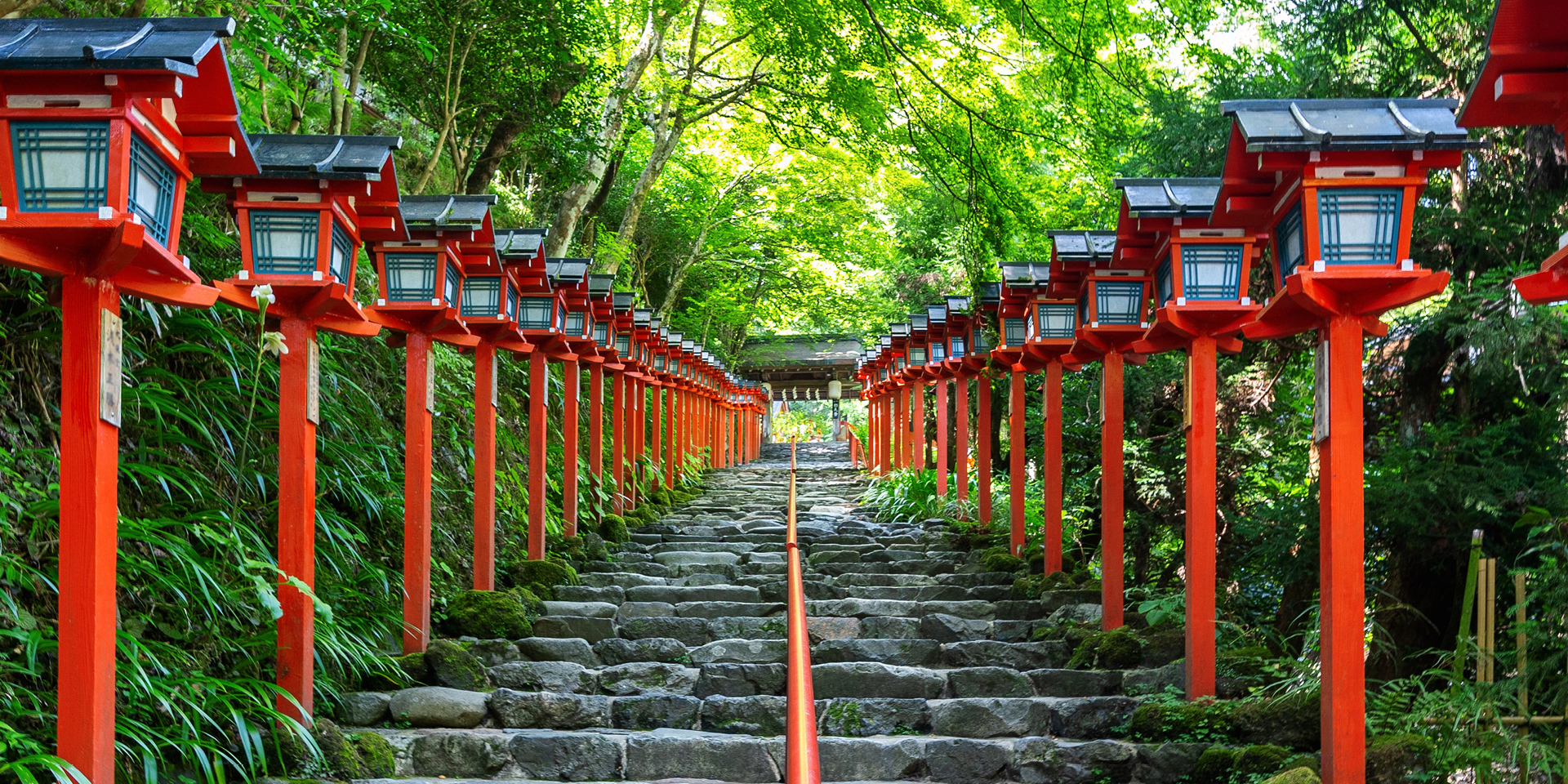The Japanese market for impact investing is small. So small, in fact, that it makes up just 1.6% of global impact investing assets under management (AUM) as of the end of 2020, according to the Global Impact Investing Network.
However, recent developments suggest this is about to change.
The Japanese market’s total impact investing AUM quadrupled between 2018 and 2021 according to the Japan Global Steering Group for Impact Investment, which estimates the potential market size at $46bn (€43.7bn).
This, according to Eastspring Investments portfolio manager Samuel Hoang, has attracted large asset managers such as Asset Management One, Sumitomo Mitsui Trust and Nomura Asset Management, all of which have launched domestic funds that target companies with a positive environmental or social impact.
‘Impact investing in Japan is just beginning,’ said Hideki Kawanabe, responsible investment section general manager at Sumitomo Mitsui DS Asset Management.
His firm is one of 21 signatories to the Japan Impact-Driven Financing Initiative, which was launched in November last year to bolster the country’s impact investing market.

‘Impact investment can be a powerful tool for promoting stakeholder capitalism, a concept that is important to the Kishida administration, the Japanese government and the Japan Business Federation’
Hideki Kawanabe, responsible investment section general manager, Sumitomo Mitsui DS Asset Management
‘Impact investment can be a powerful tool for promoting stakeholder capitalism, a concept that is important to the Kishida administration, the Japanese government and the Japan Business Federation,’ Kawanabe added.
He believes this interest will trickle down to the Japanese population, which has grown increasingly aware of environmental and social issues following the Covid-19 pandemic. This is something Yu Shimizu, who runs the Japan Sustainable Equity strategy at Sparx Asset Management, has noticed too, due to the emergence of public education programmes.
‘As a public initiative, the Financial Services Agency has been holding study groups on impact investment on an ongoing basis since 2020.
‘In the private sector, the Social Impact Management Initiative has recently begun to actively offer educational programmes, creating an engaged member system in 2021 and launching a training course called Impact Analyst Training in 2022,’ said Shimizu, who has joined the course himself.
_200x200.png)
‘As Japan is a country with no energy resources, it has focused on energy conservation, and as a result, there are companies involved in energy conservation that are expanding their activities around the world’
Jun Takahashi, fund manager, Nomura Asset Management
Onsite and outside opportunities
Shimizu believes there are two perspectives on impact investment opportunities in Japan.
One focuses on Japanese companies solving issues that exist in Japan, such as gender equality or climate inaction. The other, he said, looks at companies that solve issues abroad.
‘Japan is lagging behind in the UN Sustainable Development Goal number 5, gender equality, and number 13, climate action. Number 4, quality education, on the other hand, is an area that Japan is making progress in.
‘One of my holdings, Yamaha Corporations, offers music education programmes around the world. In Southeast Asia, where music teachers are scarce, Yamaha is involved in training teachers in partnership with the government. In South America, Yamaha is teaching children in impoverished areas how to use musical instruments as a volunteer activity.
‘In this way, Yamaha’s contribution to local communities through activities tailored to local conditions, based on the knowledge it has accumulated in Japan, will lead to market expansion in the long run, and is worthy of attention both in terms of impact and corporate earnings,’ said Shimizu.
Japan’s own challenges have also resulted in a flurry of impactful products coming to market, such as pharmaceutical and medical device manufacturers that address medical issues associated with an ageing population, said Jun Takahashi from Nomura Asset Management.

‘When evaluating the impact of a service on the wellbeing of customers, it is difficult to capture everything with quantitative data, because the way each beneficiary feels about the same service is different’
Yu Shimizu, fund manager, Sparx Asset Management
‘The potential business opportunities of companies that contribute to solving social issues are expanding, and we believe that we can identify attractive investment opportunities by properly evaluating social problems and technologies that contribute to solving them,’ said Takahashi, who co-manages the Nomura Funds Japan Sustainable Equity Growth fund.
Meanwhile, Eastspring’s Hoang highlighted the commercialisation potential in Japan’s renewable energy research as an interesting area for the group’s Japan equity team.
Japan has filed more clean energy patents than any other country in the world over the past decade according to a 2020 analysis by the World Intellectual Property Organisation, with over 9,300 patents; most of which, Hoang said, are solar and fuel cell technologies.
‘Given such potential and the government’s commitment to reduce greenhouse gas emissions by 46% by 2030, we believe that clean energy and cleantech could well be an emerging area to attract capital for impact investments in Japan,’ he said.
‘As Japan is a country with no energy resources, it has focused on energy conservation, and as a result, there are companies involved in energy conservation that are expanding their activities around the world,’ Nomura’s Takahashi added, referring to the energy-saving air conditioning and refrigerant technology manufacturer Daikin Industries as an example.

‘Given such potential and the government’s commitment to reduce greenhouse gas emissions by 46% by 2030, we believe that clean energy and cleantech could well be an emerging area to attract capital for impact investments in Japan’
Samuel Hoang, fund manager, Eastspring Investments
Setting standards
Impact investing in Japan is currently limited to private equity, said Takahashi, who believes there is still a way to go before it penetrates the listed market. He believes it is necessary to increase the number of high-quality impact investment products that can achieve strong returns as well as social impact, in order for the rest of the industry to follow.
To Sumitomo’s Kawanabe, establishing and measuring impact metrics will be key to expanding Japan’s impact investing market beyond private equity. But this, he added, is also one of the biggest challenges for the market as impact indicators currently vary for each company.
‘It is important to create a system to accurately understand impact. From the perspective of investor protection, it is desirable to create a generic index rather than having individual asset managers hand-pick indicators based on their individual perspectives,’ he said.
Similarly, Hoang emphasised the need for a domestic taxonomy for impact investing which can be harmonised with similar regulations in other jurisdictions.
Establishing a standardised system, Kawanabe said, would require a larger initiative uniting business and finance with an impartial third-party evaluating body that could measure impact, as well as collaboration with stock exchanges and the Financial Services Agency to create a disclosure system.
Shimizu added, while methods for measuring environmental impact such as greenhouse gas emissions have already been established, evaluation methods for social impact are still scarce.
But too much focus on quantitative data, he warned, could also result in a situation where investors focus more on how easy the impact is to measure, rather than how impactful it could be.
‘For example, when evaluating the impact of a service on the wellbeing of customers, it is difficult to capture everything with quantitative data, because the way each beneficiary feels about the same service is different.
‘The importance of activities to tell the story of how the impact is created will increase,’ said Shimizu.

